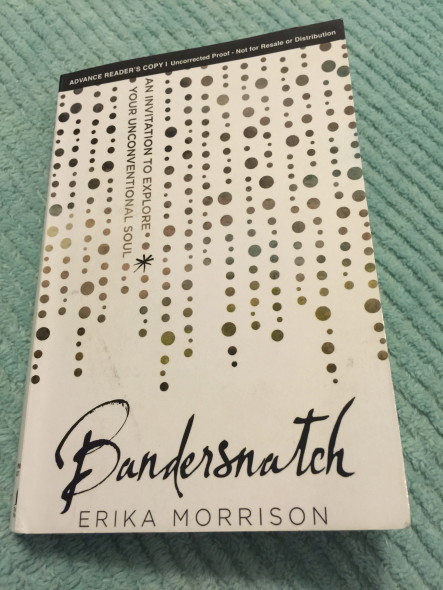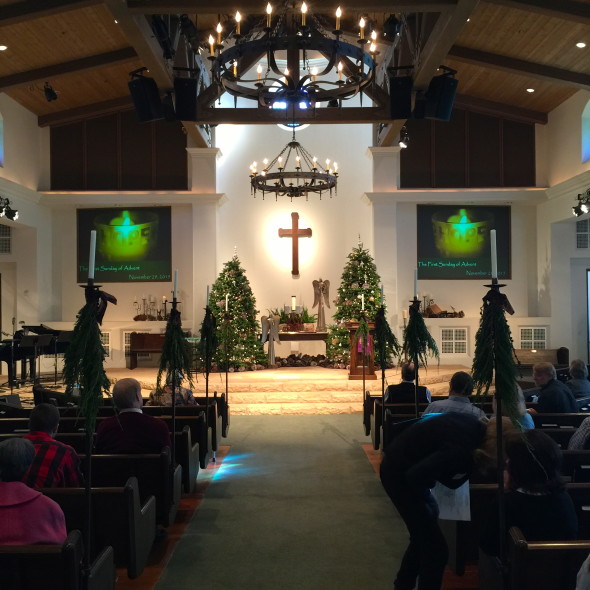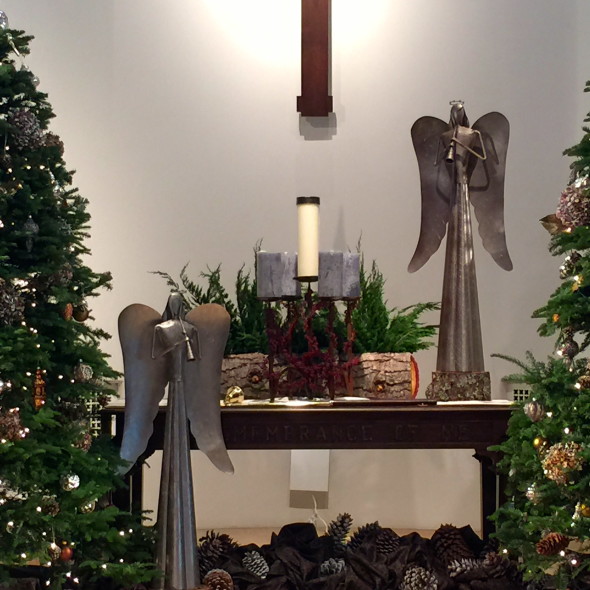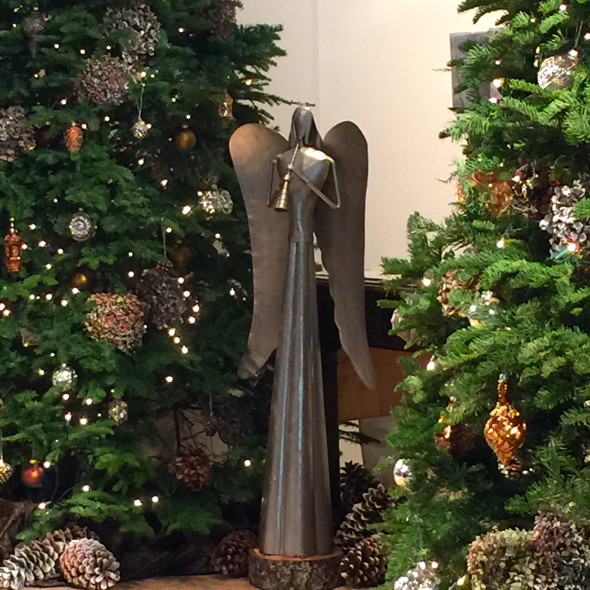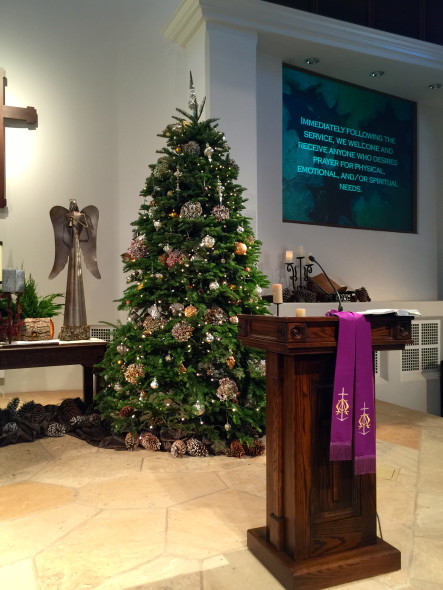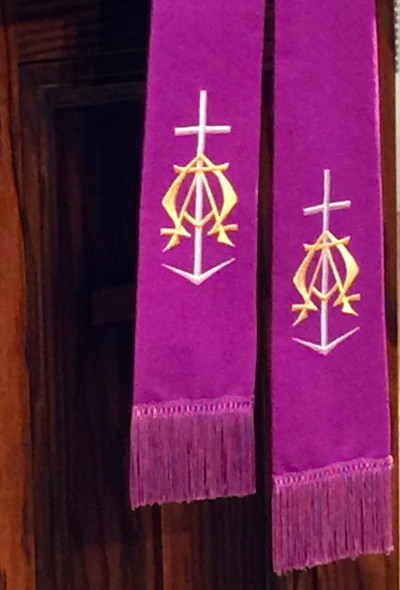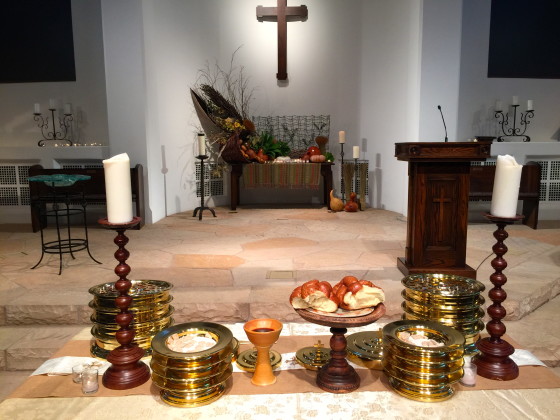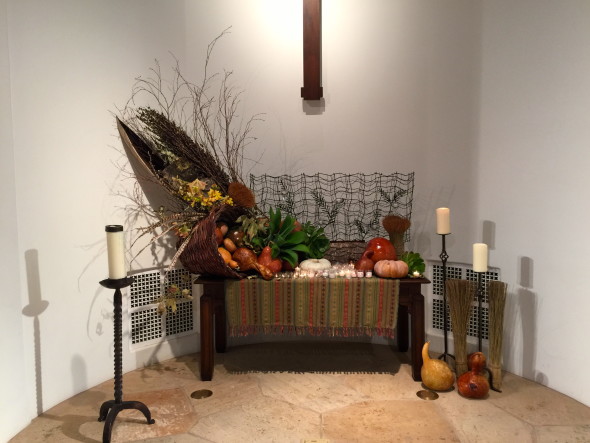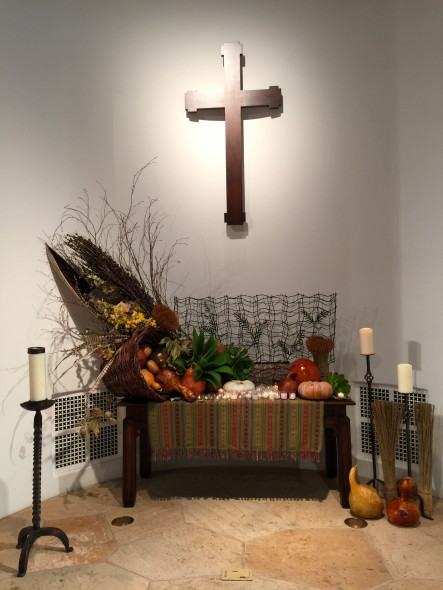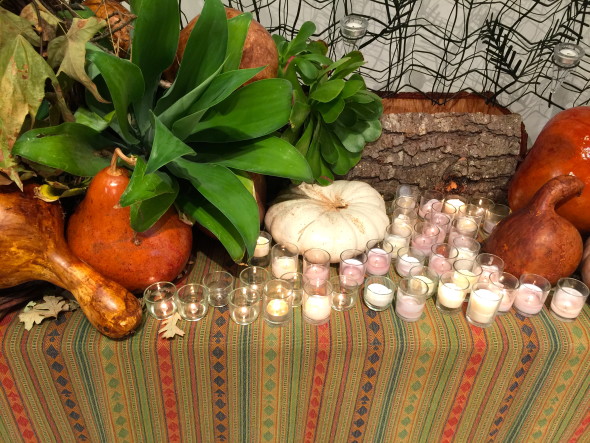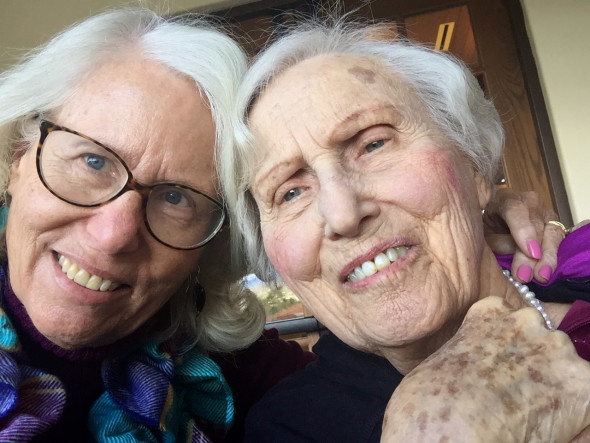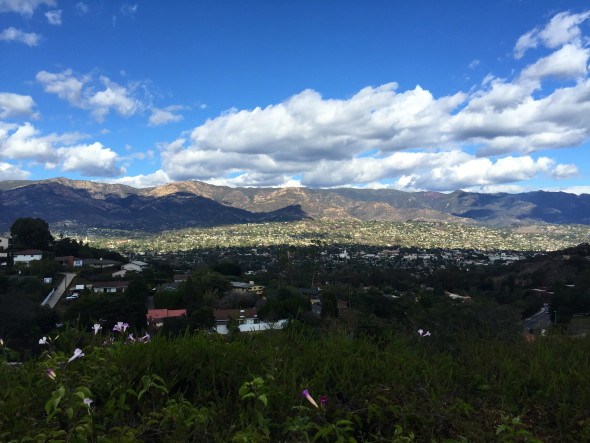My friend Erika Morrison is one of a kind. Earthy, funny, stubborn, passionate, highly intelligent and filled to the brim with Jesus-love. And I thank God for her!
She has written a lovely, challenging, heartfelt book that is just like she is.
Bandersnatch — An Invitation to Explore Your Unconventional Soul, is 230 pages of alliteration, story-telling, question-asking (and answering), and thought-provoking ideas. It takes time to read this book, time to absorb it properly, and those questions she asks will stick with you for a long time after you close the cover.
Her basic premise is one I’ve been gently espousing here at my blog and in my work as a spiritual director: discover who you are, the one God loves, the one God designed, and become that person with your whole heart. Of course, Erika being Erika, she says it a whole lot better than that and she surrounds that central point with four lovely facets, each one offering a challenge to re-think who you are and how you live as a follower of Jesus.
This is her 4-part “A” list: Avant-Garde, Alchemy, Anthropology, Art — and she delves into each one with her characteristic verve and insight, offering personal stories and asking soul-searching questions from all four compass points. She borrows her title from a character in Carroll’s, ‘Through the Looking Glass:’ “A bandersnatch is . . . a rather untamed and frightening beast with unpredictable habits and unconventional attitudes, he is also good because his fierceness, his troublemaking, his nuisance-bearing disposition is . . . submitted to a better cause — the dominion of the kind and good white queen.” (pg. xii)
She boldly calls us to become like that bandersnatch — submitted to the dominion of the Kingdom, sold out to Jesus, and in touch with who we are, how we’re wired and how we might best bring that Kingdom into the lives we live, the worlds we inhabit, the people we meet, and the families we create.
I would not call this book an easy read. But it is a good read, a challenging one and potentially, a life-changing one. I highly recommend it. It’s available through Amazon and Barnes and Noble and wherever Christian books are sold.
